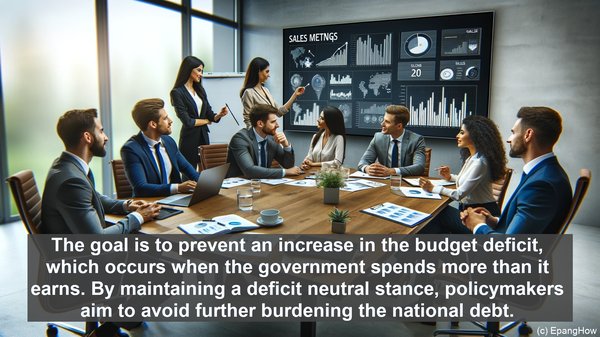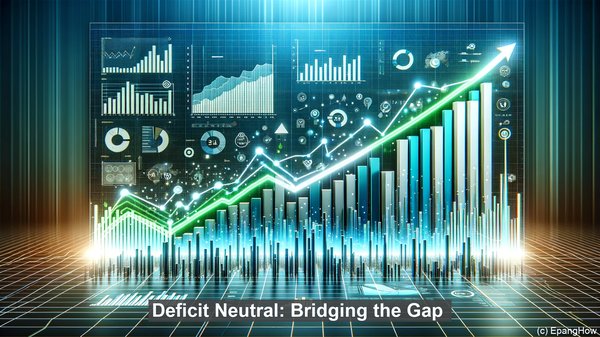Introduction: The Importance of Fiscal Policies
Hello everyone! Fiscal policies play a crucial role in shaping a nation’s economy. Today, we’ll explore two significant policy approaches: revenue neutral and deficit neutral. While they may seem similar at first, there are fundamental differences that have far-reaching consequences. Let’s dive in!

Revenue Neutral: Balancing the Books
When a policy is labeled as revenue neutral, it means that the changes or reforms being implemented will not result in a net increase or decrease in the overall revenue collected by the government. In other words, it aims to maintain the status quo, ensuring that any gains in revenue from one area are offset by reductions elsewhere. The objective here is to create a balanced approach, where the government’s income remains steady.
Deficit Neutral: Bridging the Gap
On the other hand, a policy that is deficit neutral focuses on the government’s expenditure. In this case, the aim is to ensure that any new spending or initiatives are offset by corresponding revenue sources. The goal is to prevent an increase in the budget deficit, which occurs when the government spends more than it earns. By maintaining a deficit neutral stance, policymakers aim to avoid further burdening the national debt.
Key Distinctions: Revenue vs. Deficit
The key distinction between revenue neutral and deficit neutral lies in their primary focus. Revenue neutral policies prioritize maintaining a balance in the government’s income, while deficit neutral policies prioritize managing the government’s expenses. While both approaches aim for stability, they tackle different aspects of the fiscal equation.

Implications: Economic and Social
The implications of these policy approaches are significant. Revenue neutral policies, by maintaining a steady income, can provide a sense of stability and predictability for businesses and individuals. On the other hand, deficit neutral policies, by curbing excessive spending, can help prevent inflationary pressures and ensure the long-term sustainability of the economy. Both have their merits and potential drawbacks, and the choice between them depends on the specific economic context and goals.
